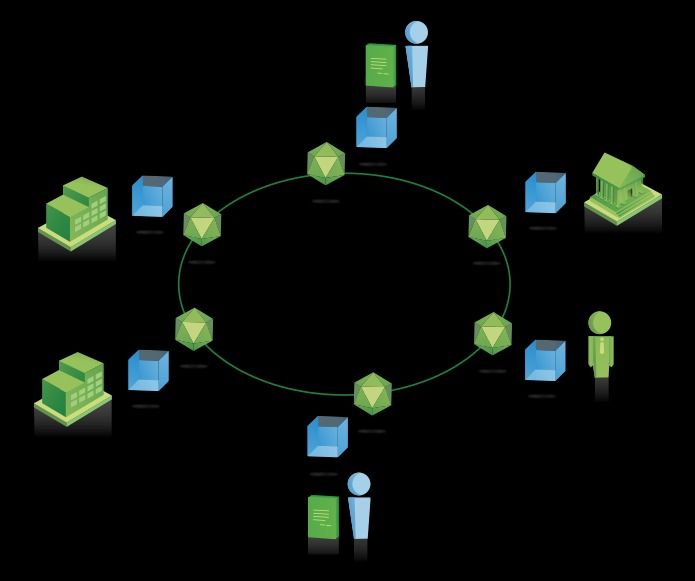Jul 20, 2016
In Blockchain We Trust
Posted by Alexandra Whittington in categories: bitcoin, education
I was a guest on the Robot Overlordz podcast again recently, and was asked about my post on Medium for KnowledgeWorks called “Preparing for Hybrid Schools and Jobs.” The conversation with Mike and Matt took some interesting turns, as always, and they g ot me thinking about some really important questions when it comes to blockchain and society, namely: assuming blockchain lives up to it’s reputation as a ‘truth machine,’ as I refer to it in my post, or a ‘revolution,’ as the Tapscotts say, why is there now a need for a revolutionary technology to enhance trust?
ot me thinking about some really important questions when it comes to blockchain and society, namely: assuming blockchain lives up to it’s reputation as a ‘truth machine,’ as I refer to it in my post, or a ‘revolution,’ as the Tapscotts say, why is there now a need for a revolutionary technology to enhance trust?
Although blockchain has captured the attention of the financial, management consulting and consumer goods industries, it hasn’t quite taken hold in education yet. KnowledgeWorks has published a fantastic report on the possibilities. I suggest in my post that the rise of hybrid jobs will generate support for hybrid schooling, and blockchain may be the technology that is best suited to track and communicate qualifications. The World Economic Forum said it best: “Farewell Job Title, Hello Skill Set.” If we are to be evaluated on our skills and experience, we must have some reliable way of guarding and transmitting that information.
But why is it that we need to enhance trust among students and teachers, employees and employers? I think that the facts that college students (some who didn’t even graduate) owe massive student loans, though worker’s wages have gone stagnant, play into this tension. How can students trust schools to provide the education they need, considering the high cost and the gamble that it may never really be recouped?
We are beginning to see slight signals that things are changing, at least a little, on the remuneration side, and it’s possible that a truth machine could help restore trust to hierarchical relationships (student/university and employee/employer) that are extremely out of balance. But what is at risk in assuming a technology can reverse human corruption?



 Last week I dipped my toes in the waters of the Lifeboat blog and shared a
Last week I dipped my toes in the waters of the Lifeboat blog and shared a 










